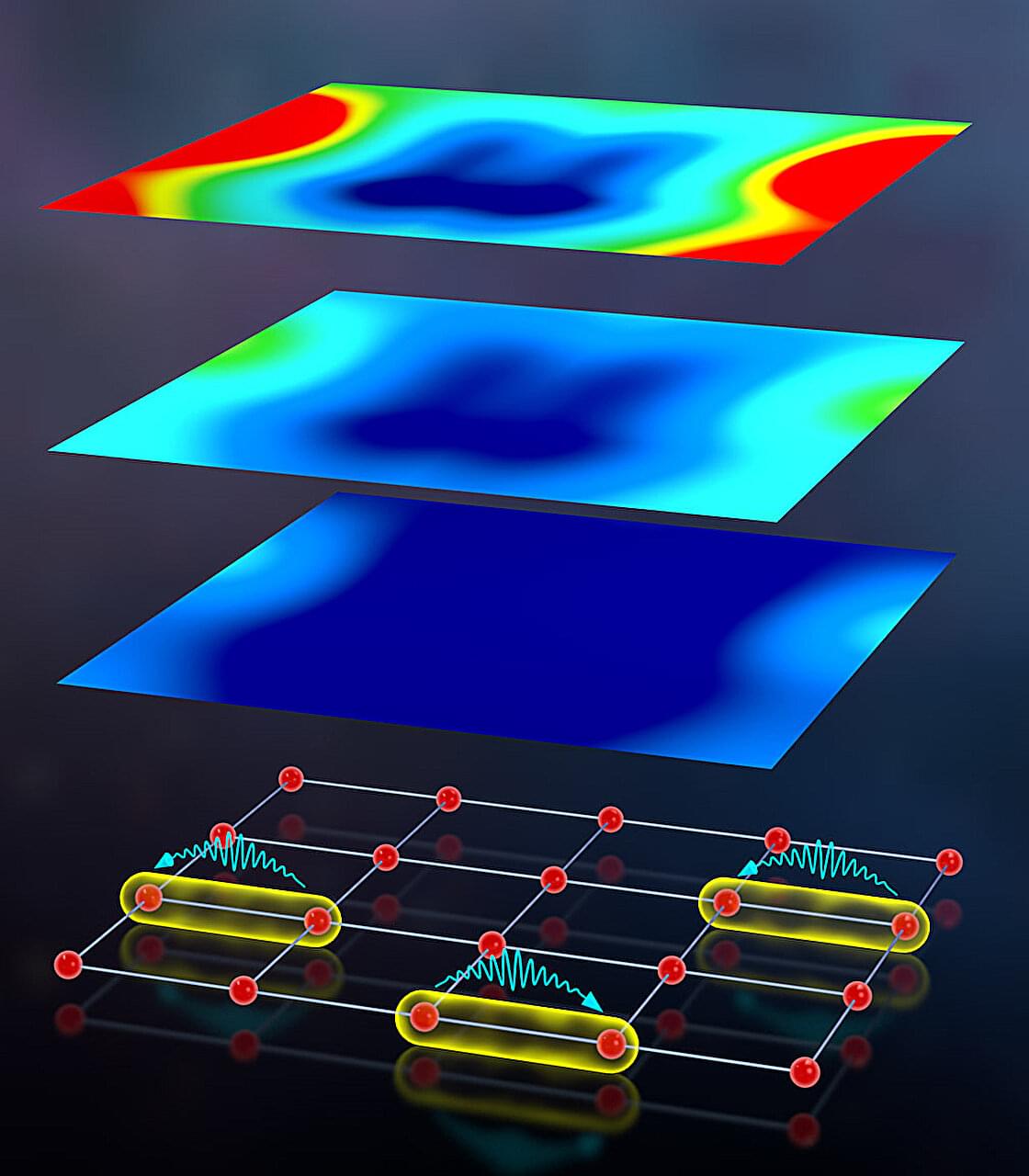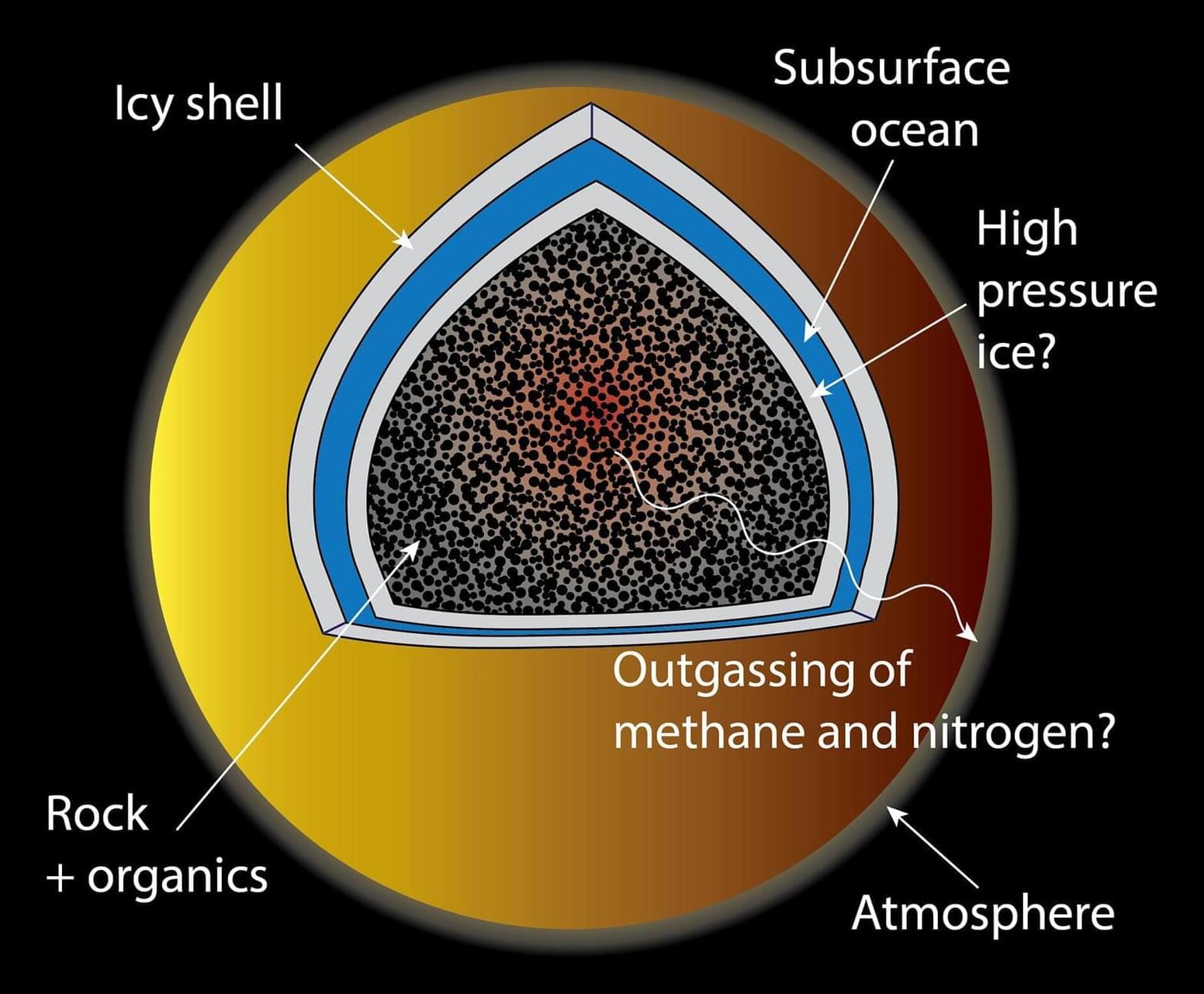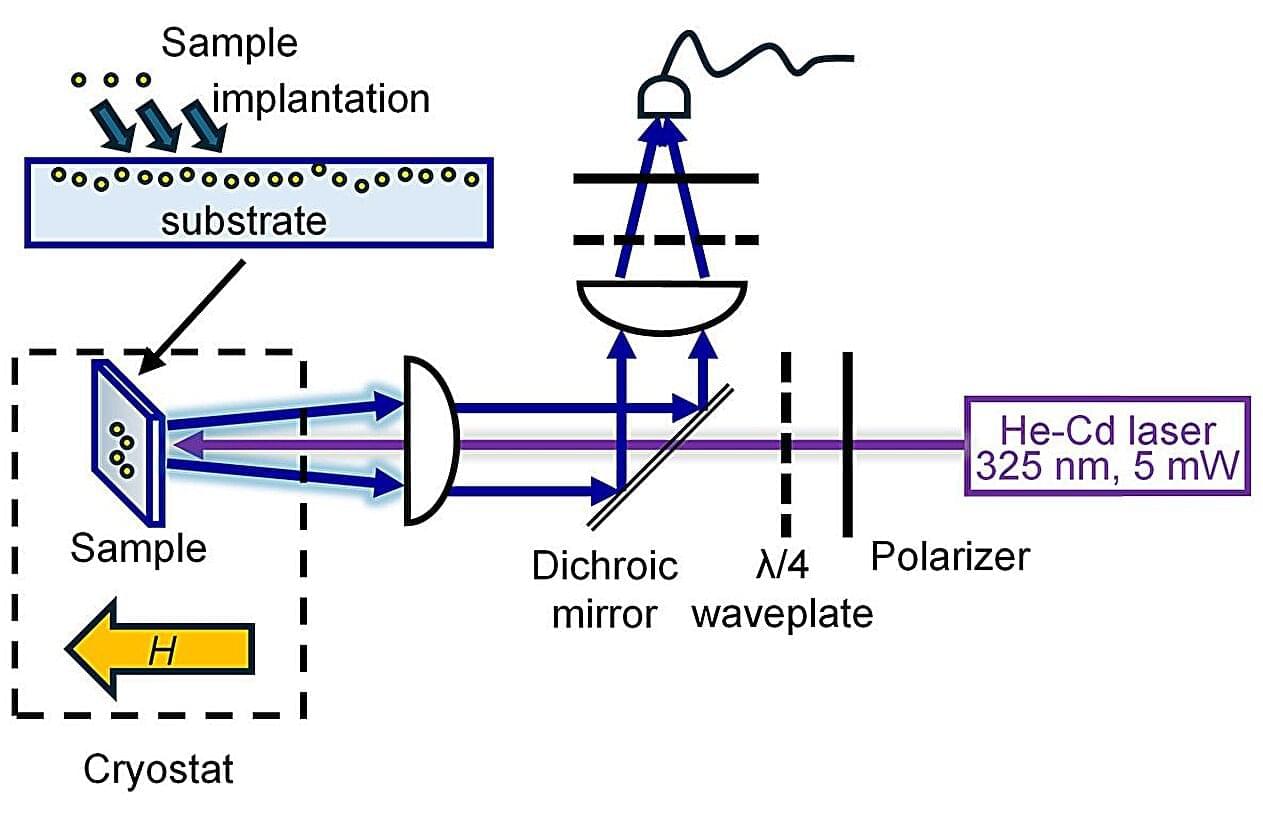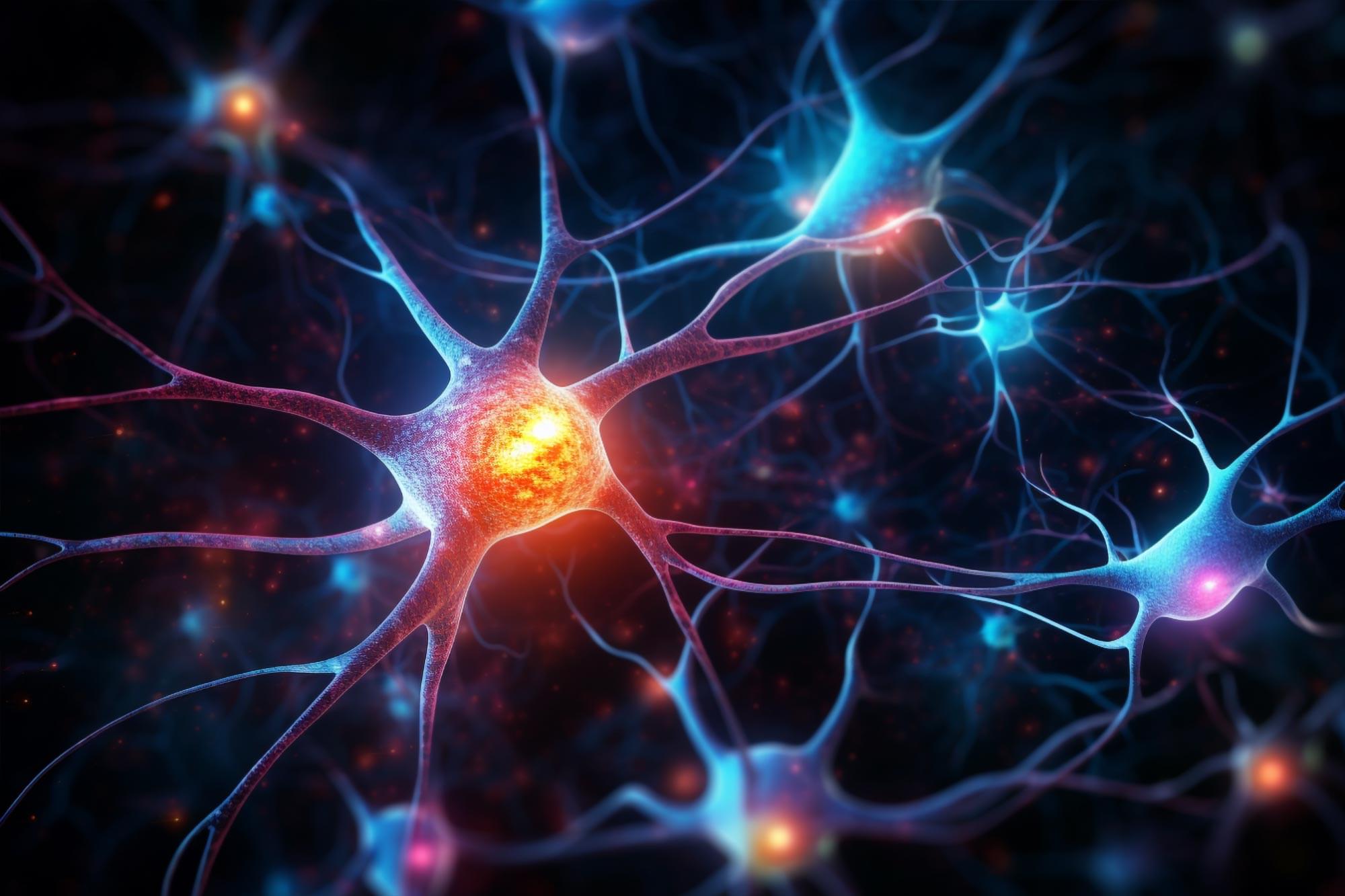Chinese astronomers have investigated quasar candidates from the DESI Legacy Surveys (DESI-LS) photometry catalog. As a result, they detected 19 strongly-lensed, dual and projected quasars. The finding was reported in a paper published Jan. 15 on the arXiv pre-print server.
Quasars, or quasi-stellar objects (QSOs), are active galactic nuclei (AGN) of very high luminosity powered by supermassive black holes (SMBHs), emitting electromagnetic radiation observable in radio, infrared, visible, ultraviolet and X-ray wavelengths. They are among the brightest and most distant objects in the known universe, and serve as fundamental tools for numerous studies in astrophysics as well as cosmology.
Two quasars observed with a small separation can be, in some cases, lensed quasars—where the light from a single quasar is bent, resulting in two images of the same quasar. More often, such objects are dual quasars, which means that they are at similar redshift and physically interacting. However, the most common scenario is projected quasars—coincidentally appearing very close to each other along the line of sight, but actually at different redshifts.








